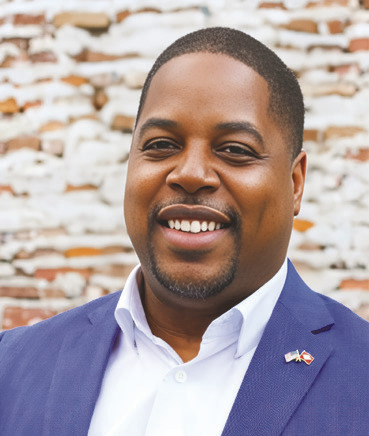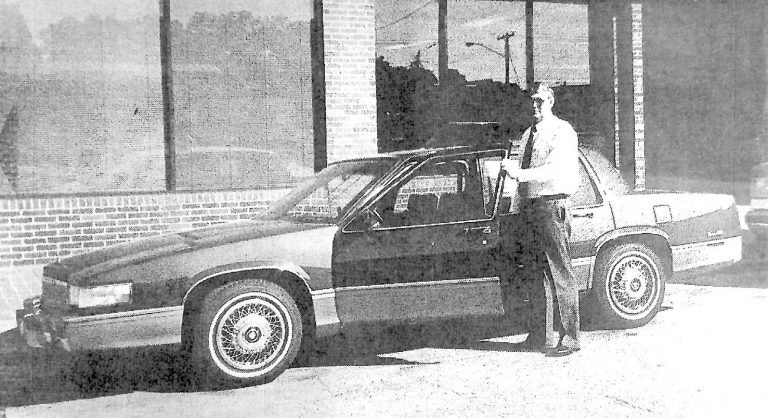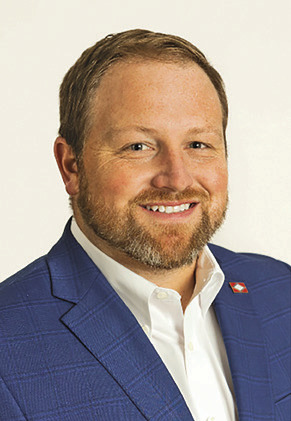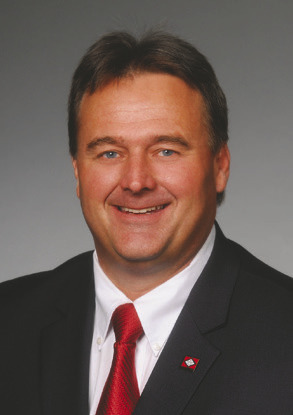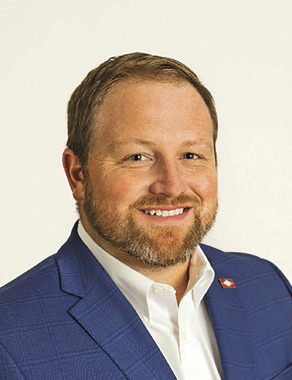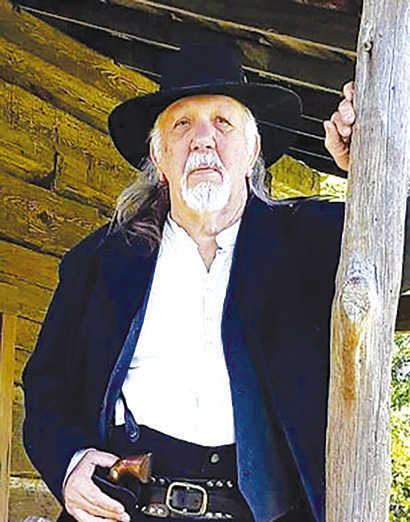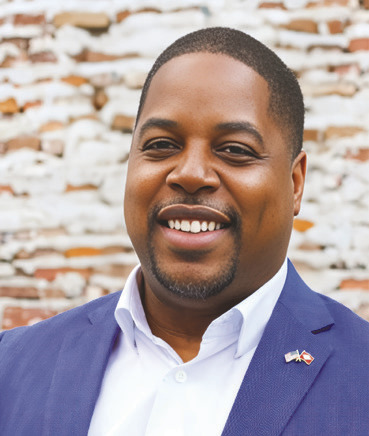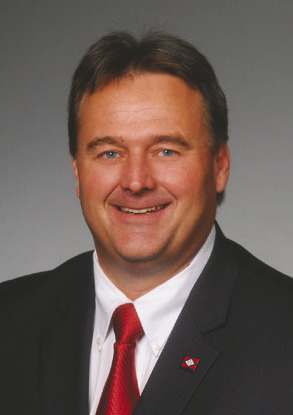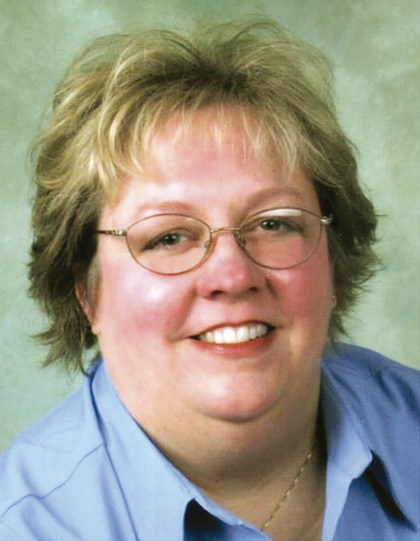I thought perhaps that I would write about progress, because that is what I have been reading about. It was in the field of Quantum Mechanics. But after thinking about it, I realized change had to come first. Change is sometimes the hardest part to accomplish before progress. I sometimes think that nostalgia is the enemy of change. We, when confronted with an opportunity to move out of our comfort zone, slide back into moments of those things in our past that gave us warm fuzzy feelings. I have also observed that there are some that will not budge, they will cling, kicking and screaming, to their past, regardless of whatever options that might benefit them. Now, first of all, I don’t want any of you to think I am pointing fingers, for, alas, if I were, I would have to point it at myself at some point. I do have sweet memories of days gone by, things I am very grateful for in my past. But somewhere in my strands of DNA, passed down by ancestors in days gone by, were some strands that make me look toward the future. This is not a recent thing. I think it started with Grampa Murley taking me to the Carolyn Theater on Saturday afternoons in Piggott and watching the serials and cartoons and movies. Those were pretty simple back then. But they were enough to make me repeat, too many times, to my parents “WHAT IF…?” My poor mother got so tired of that. If we digress to about 1828, Noah Webster’s dictionary contained about 70,000 entries. In 1850, the dictionary increased to more than 100,000. By 1889, 175,000, and by 1890, 200,000 words. By 1934, five years before I came flying into NE Arkansas, a 10.5 hunk of boy trailing streams of stardust, we had 600,000 words, and we were still plowing with horses. Now, after a 2nd World War and other events, plus the technology revolution, there are over 1 million words, not all in English, but all used in our modern society. Without these words there would not be the automobiles we enjoy, television, air conditioning, comp
